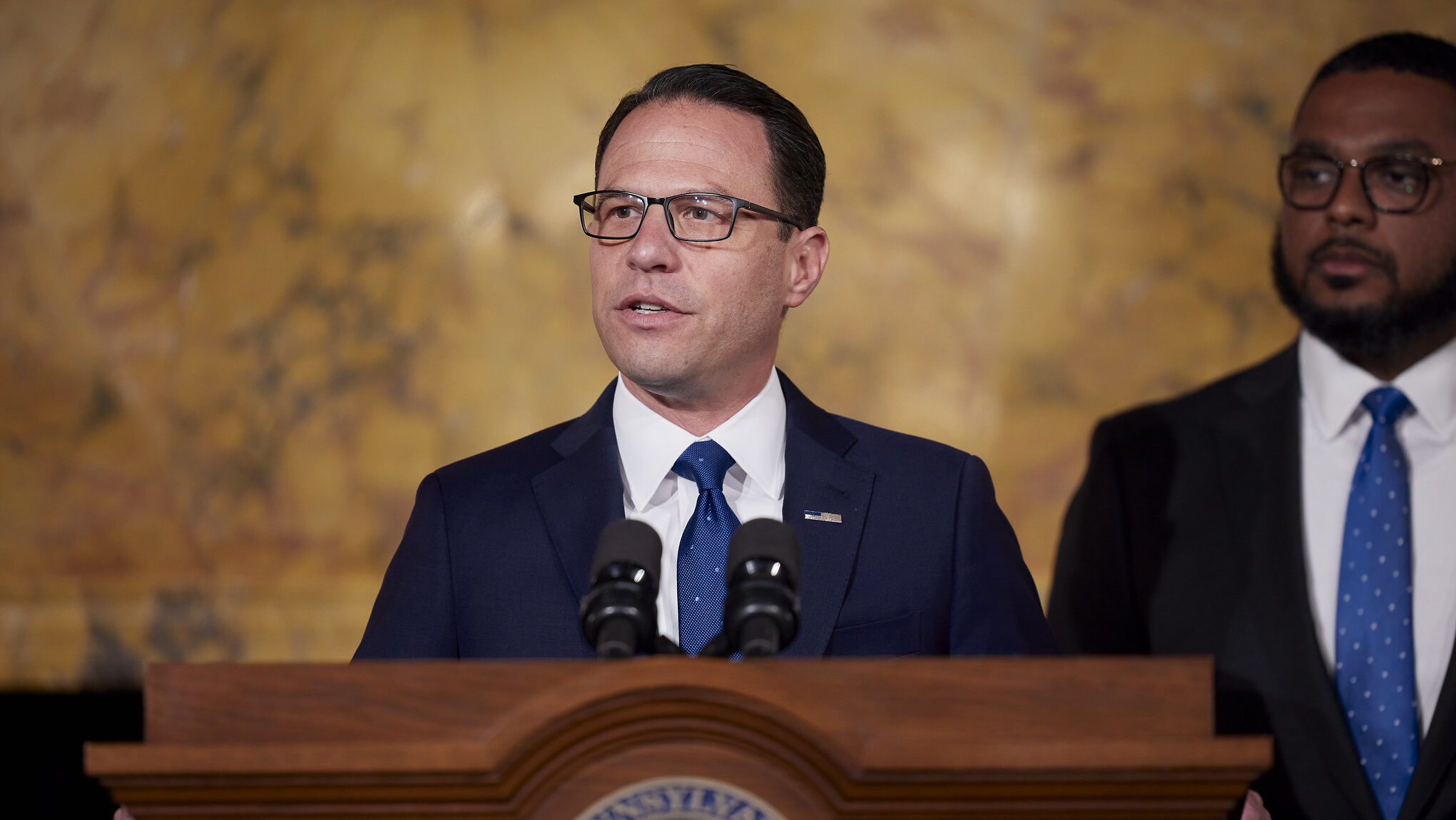Afghan Women Protest In Kabul, Western Afghanistan Against Taliban Rule

On Friday, CNN reported a group of Afghan women activists held a small protest in Kabul, Afghanistan, currently controlled by the Taliban, pushing for “equal rights and full participation in political life.”
According to the outlet, “a group called the Women’s Political Participation Network marched on the street in front of Afghanistan’s Finance Ministry, chanting slogans and holding signs demanding involvement in the Afghan government and calling for constitutional law. Footage showed a brief confrontation between a Taliban guard and some of the women, and a man’s voice could be heard saying, ‘Go away!’ before chanting resumed.”
The protest was reportedly not large, with video reportedly showing around a few dozen people present, but it is still an example of women pushing back against the Taliban in an extraordinary act.
The day before, Afghan women had held a similar protest in a different city of the country.
The Washington Post reported that in spite of the danger women face for making such declarations and speaking out in support of their rights, “dozens of Afghan women took to the streets in western Afghanistan on Thursday in a rare public demonstration against Taliban restrictions on their right to work and seek education.”
“No government is stable without the support of women,” one banner held up by people in attendance read.
“Don’t be afraid, don’t be afraid,” the women said together, as Taliban fighters looked on, in videos reportedly shared on social media. “We are together.”
CNN reported about the previous protest, as well:
The [Friday] demonstration in Kabul comes one day after women staged a similar demonstration in Afghanistan’s western city of Herat. Women in that protest held a large sign that said, “No government can be long lasting without the support of women. Our demands: The right to education and the right to work in all areas.”
Lina Haidari, a protester at the Herat demonstration, said the “rights and achievements of women, which we have worked and fought for over 20 years must not be ignored” under Taliban rule, according to video of the event from Getty Images.
“I want to say that I was forced to stay at home for the crime of being a student 20 years ago,” Haidari said in footage gathered by the agency, “And now 20 years later, for the crime of being a teacher and a woman.”
The Taliban has made statements that women will be included in its society, but there is little room for many to believe them after the restrictions, abuse, and oppression the group has placed on women in the past.
Last month, the Taliban announced amnesty across the country in a move that was seen by many as an attempt to appear as a more modern force rather than the brutal insurgents the world has watched wreak havoc on the region – and on women – for the past several decades.
As reported by The Associated Press at the time, “The promises of amnesty from Enamullah Samangani, a member of the Taliban’s cultural commission, were the first comments on how the Taliban might govern on a national level.”
“The Islamic Emirate of Afghanistan with full dignity and honesty has announced a complete amnesty for all Afghanistan, especially those who were with the opposition or supported the occupiers for years and recently,” he said.
Samangani spoke about the worries of women, noting that they were “the main victims of the more than 40 years of crisis in Afghanistan.”
“The Islamic Emirate of Afghanistan is ready to provide women with environment to work and study, and the presence of women in different (government) structures according to Islamic law and in accordance with our cultural values,” he said.
As The Guardian reported on Friday, however, “The Taliban have already asked most women to stay home, claiming it is a temporary measure for ‘security reasons’, but that explanation has an ominous ring to Afghan women whose memories stretch back to the last time the group held power.”
“We heard some of these explanations in 1996 to 2001, when the Taliban said that the reason girls couldn’t study and women couldn’t work was because the security situation wasn’t good, and once the security situation was better they could go back. Of course that moment never arrived,” said Heather Barr, who is the associate director of the women’s rights division at Human Rights Watch.
“This indicates that even in the 1990s the Taliban felt the need to disguise some of their misogyny. So this is not an entirely new communications strategy they are pursuing now and Afghan women can see that.”
The Daily Wire is one of America’s fastest-growing conservative media companies and counter-cultural outlets for news, opinion, and entertainment. Get inside access to The Daily Wire by becoming a member.
" Conservative News Daily does not always share or support the views and opinions expressed here; they are just those of the writer."





Now loading...